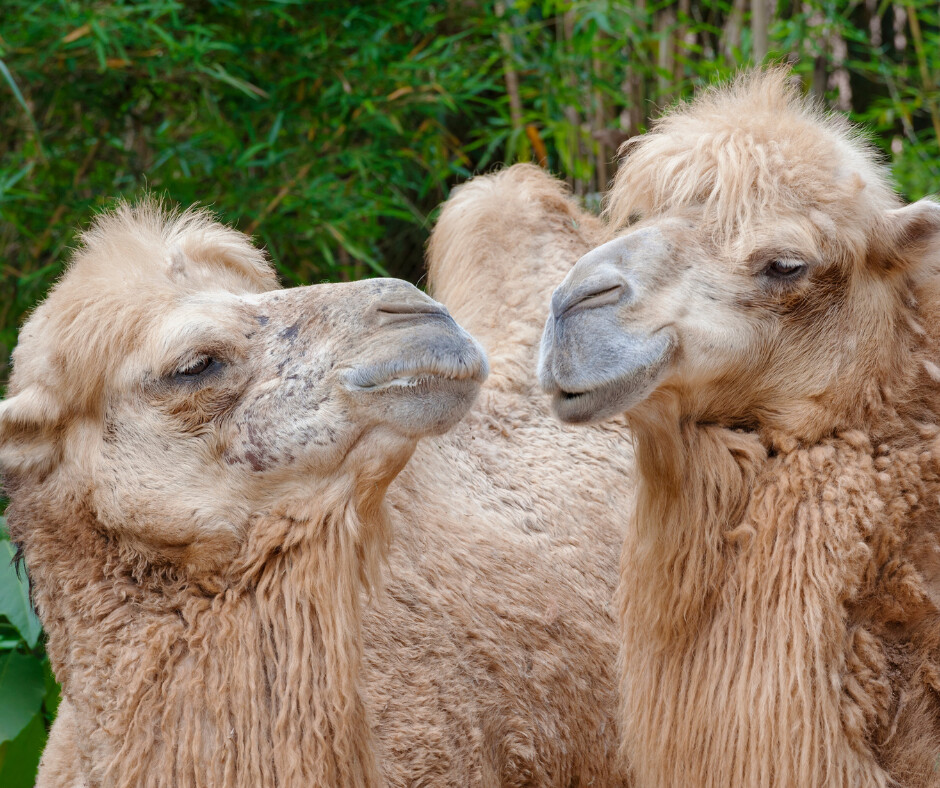
Camel milk is gaining in popularity in North America. It has been consumed by nomadic cultures for centuries. Besides being a dietary staple in some parts of the world, it has also been used as a medicinal drink in Asia, Africa, and the Middle East. While it is similar to cow's milk in some ways, it contains more vitamins and healthy fats. It is a little thinner than cow's milk and the taste varies based on the diet of the camels. You may want to consider adding it to your diet because of the many health benefits it offers. It can be found in liquid and powdered forms.
Supports the Immune System
The zinc found in camel milk can help maintain and improve your immune system. In addition to zinc, there are proteins in camel milk that are thought to discourage bacteria growth in your body. This is another way that is supports your immune system.
Less Lactose
Camel milk contains less lactose than cow’s milk. So some people that react to the lactose in cow's milk, may not react to camel milk. There have been studies confirming this. There have also been studies on children who react to cow's milk, It was found that the majority of children could tolerate camel milk.
Probiotics
There are several types of probiotics in camel milk. Having enough good bacteria in your gut can positively affect your mood as well as your overall health. Certain strains of probiotics contribute to circulatory system health. Other strains can help reduce allergies and improve skin conditions. Both probiotics and prebiotics help aid digestion.
Prebiotics
Camel milk also contains prebiotics which feed the good bacteria (probiotics) in your gut. This is one of the big differences and health supporting properties of camel milk. Cow's milk and other dairy alternatives do not contain prebiotics. The majority of your immune system is in your gut, so having a healthy gut is essential to your wellness.
Nutritious
Camel milk contains more vitamin C, B vitamins, calcium, iron, and potassium than cow's milk. It’s also a good source of healthy fats and unsaturated fatty acids. These are important for brain and heart health. It contains fewer sugars than cow, goat or sheep milk. This means it does not affect your blood sugar levels as much as other milks. It has even been studied for it's positive affect on diabetes.
Did this help you? If so, I'd greatly appreciate it if you commented and/or share it on social media.

Email: sharonledwards@hotmail.com
Facebook: https://www.facebook.com/sharonledwardsbiz/


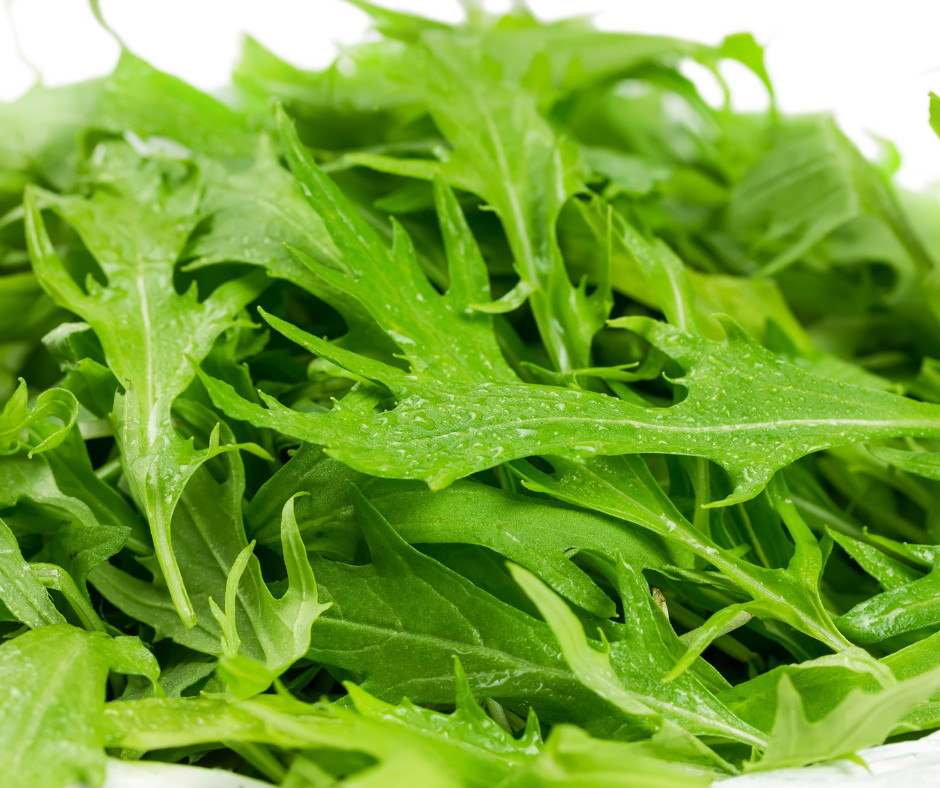





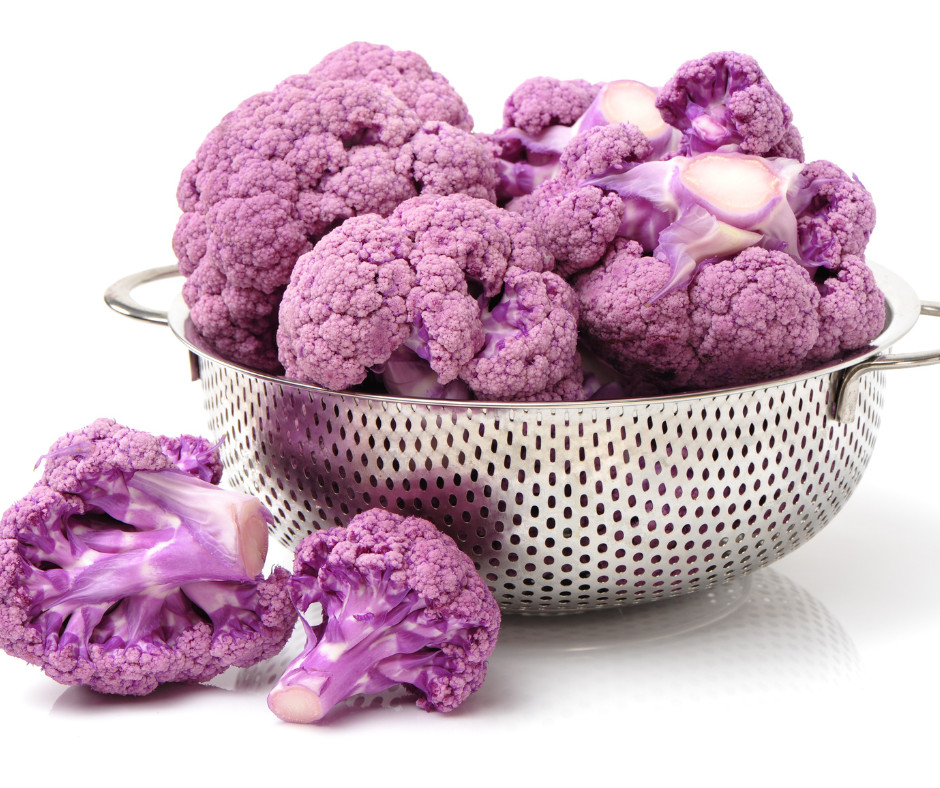
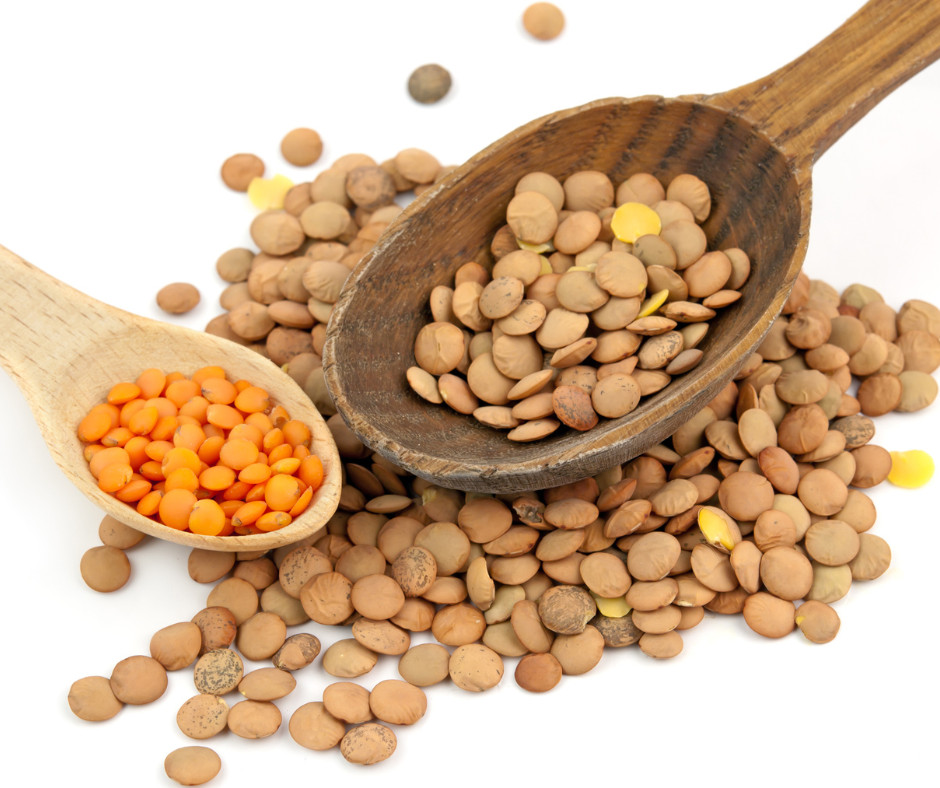
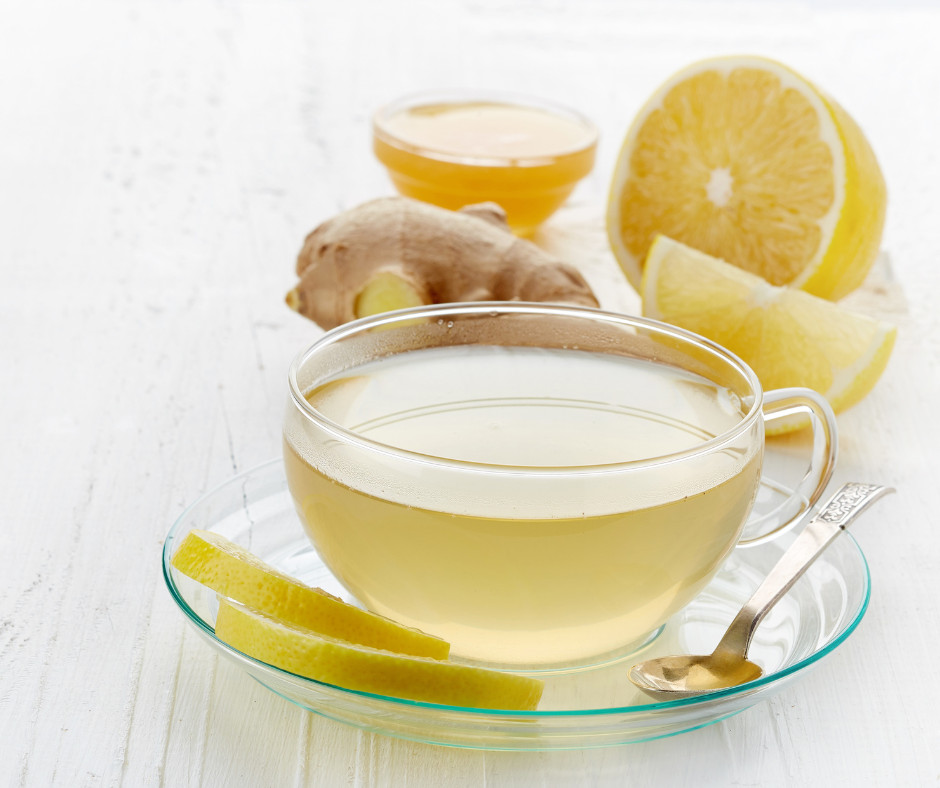





0 Comments